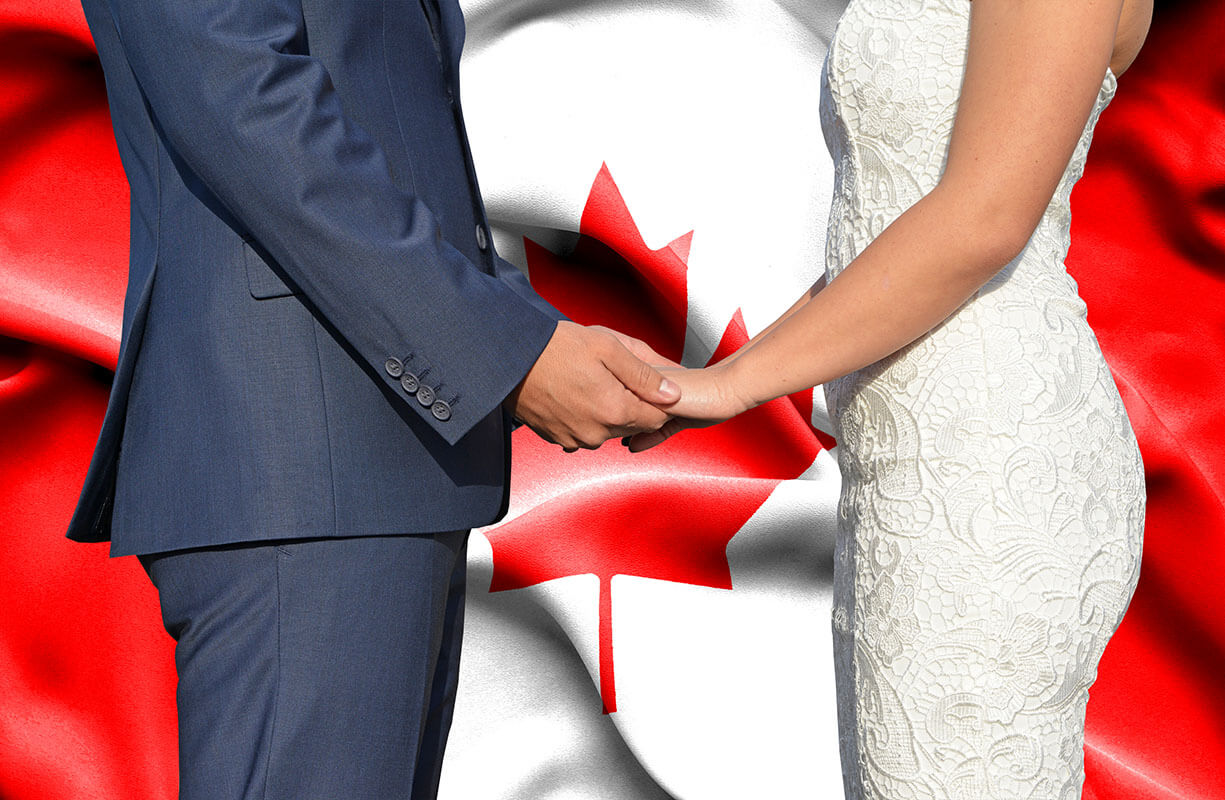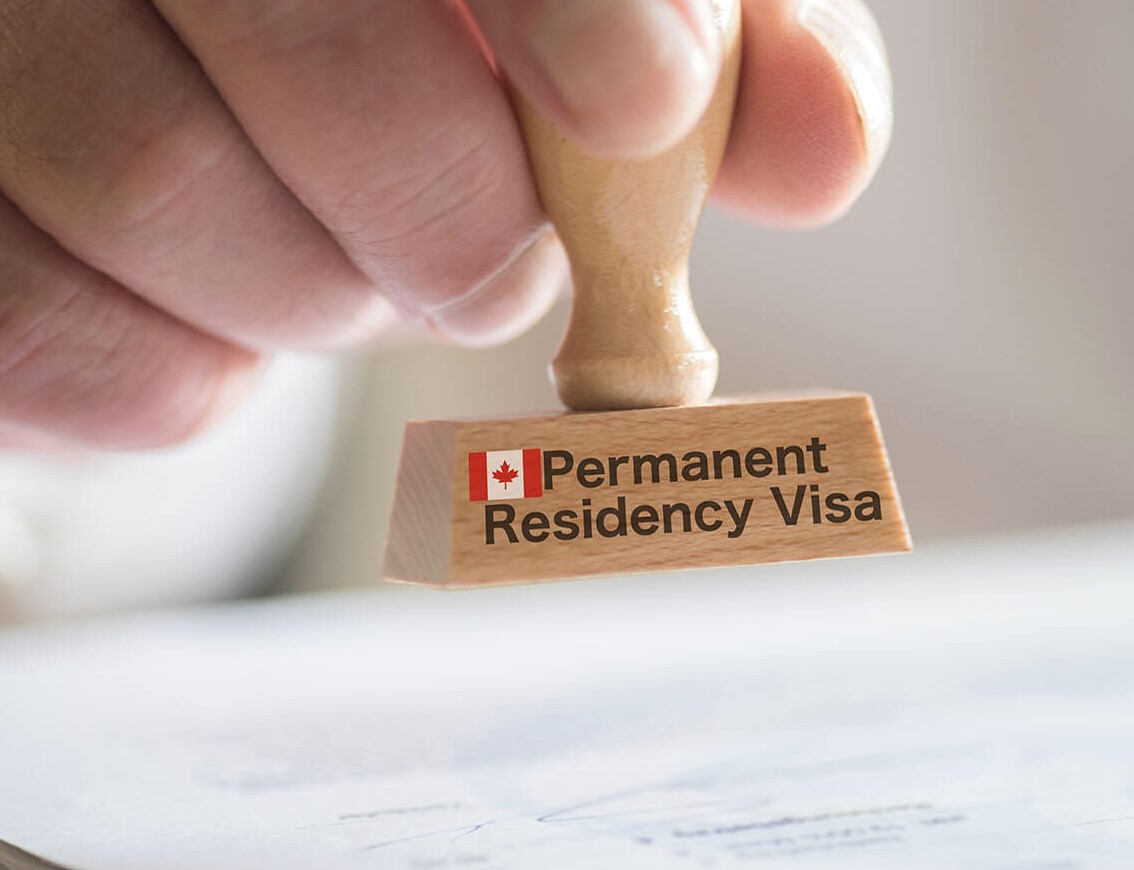Family Sponsorship
Relatives of Canadian citizens or permanent residents may be able to immigrate to Canada through Family Class sponsorship.
Types of Sponsorship:
- Spouse / Common Law Sponsorship
- Dependent Children
- Parents and Grandparents Program
Relatives of Canadian citizens or permanent residents may be able to immigrate to Canada through Family Class sponsorship.
Types of Sponsorship:
Canadian citizens and permanent residents may sponsor their spouse or common-law partner for immigration to Canada. If successful, the sponsored person obtains permanent resident status, allowing the couple (or family, if applicable) to build their lives in Canada.
You can sponsor your spouse or common-law partner for Canadian immigration if you are:
If you are a Canadian citizen living outside Canada, you must show that you plan to live in Canada when your spouse or partner becomes a permanent resident. You can’t sponsor someone if you are a permanent resident living outside Canada.


The Government of Canada is strongly committed to keeping families together and, as such, allows parents to sponsor their dependent children for Canadian immigration. If a child meets the definition of a dependant and the parent meets the requirements to be a sponsor, then the parent can submit an application for the child to become a Canadian permanent resident.
To qualify as a sponsor, a parent must be at least 18 years old and have status as either a Canadian citizen or permanent resident.
All sponsors must agree to provide for the basic needs of the person thet wish to sponsor. In addition, sponsors must sign an undertaking, agreeing to provide financial support to their sponsored family member once they become a permanent resident and repay any social assistance payments received by the sponsored family member during the period of the undertaking.
Canada’s Family Class immigration category allows Canadian citizens and permanent residents to sponsor their parent(s) or grandparent(s) through the Parent and Grandparent Program, or PGP.
Under the government of Canada’s multi-year immigration plan, around 21,000 new permanent residents are to be admitted annually as permanent residents through the PGP.


To be eligible in 2019, both the sponsor and the person(s) being sponsored must have met certain eligibility requirements. These eligibility requirements are subject to amendment for the 2020 season, although the vast majority of criteria are expected to remain the same.
Sponsors must:
The sponsor and the sponsored person(s) must sign a sponsorship agreement that:
Residents of Quebec must sign an ‘undertaking’ with the province of Quebec. This is a contract that binds the sponsorship. Sponsors in Quebec must also meet Quebec’s sponsorship requirements after being approved as a sponsor by IRCC.